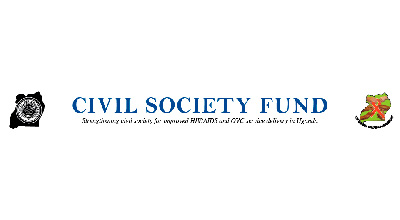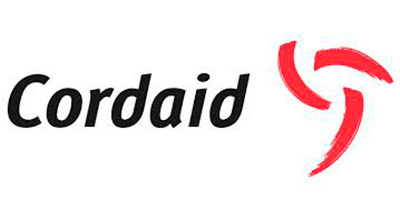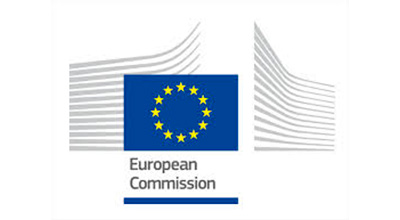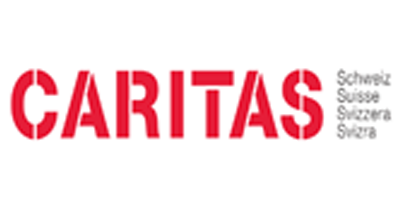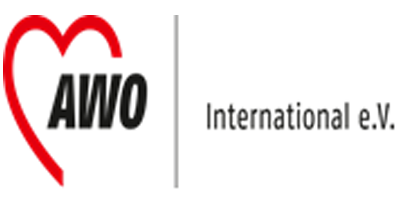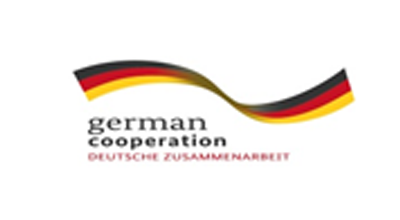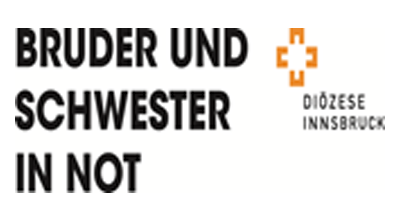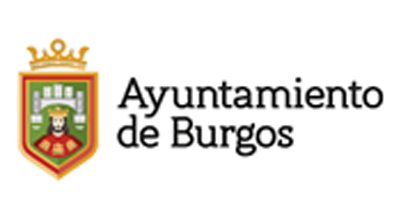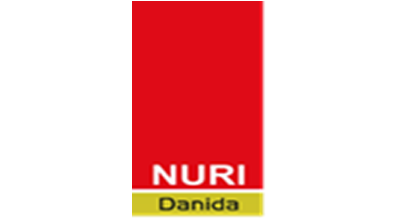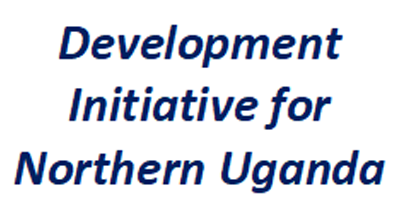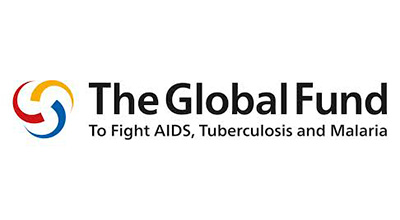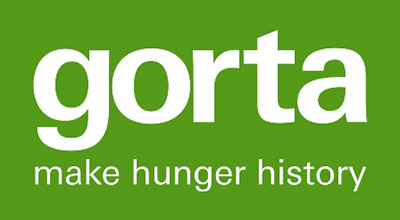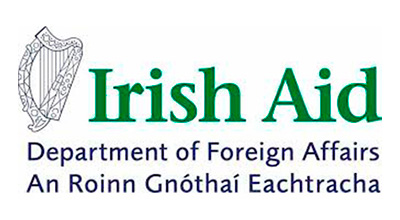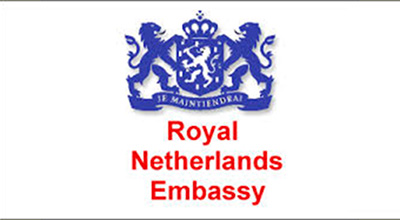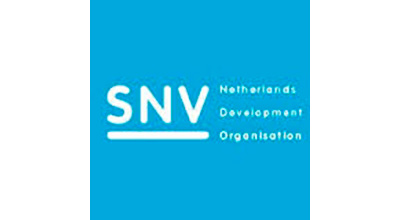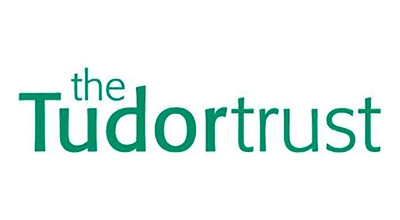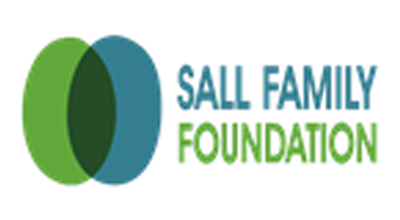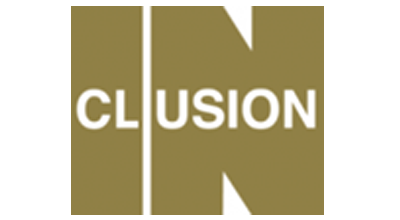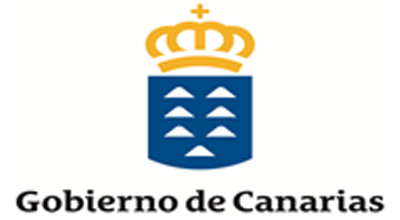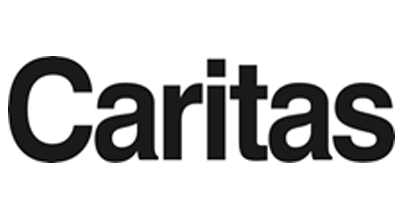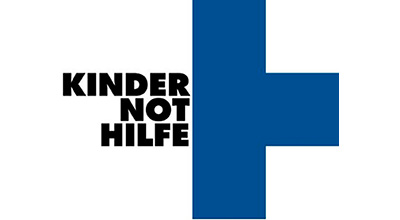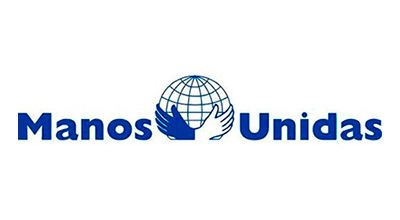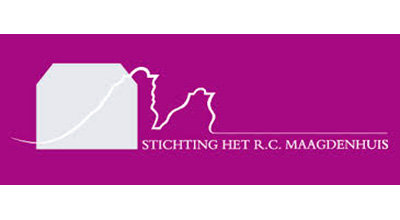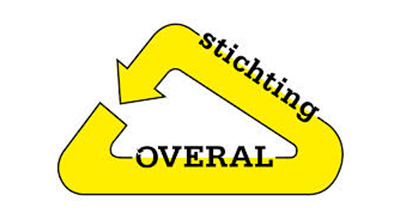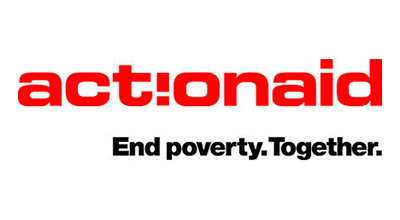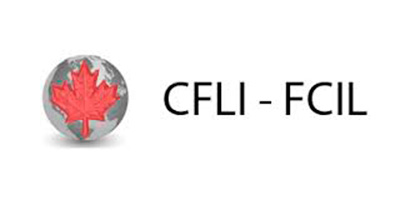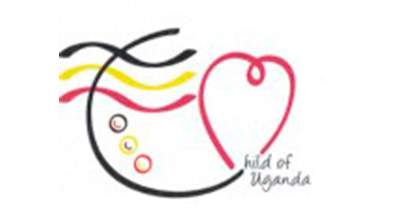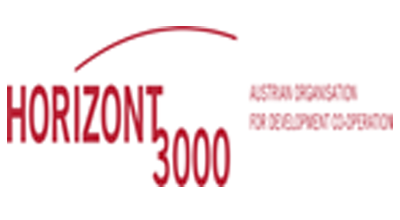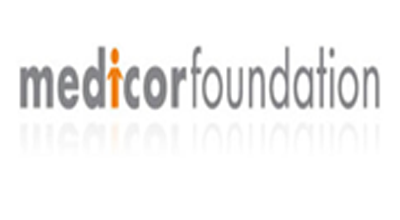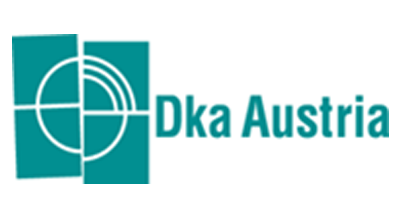Specific objective 2: Increased income from decent employment opportunities in diversified on-farm and non-farm labour markets Income poverty is high in West Nile region. More than 80% of the population live on less than
US$ 2 per day. This situation is attributed to two key factors: low uptake of farming as a business and high youth underemployment. Many families grow traditional low value crops (e.g. simsim, beans, tobacco, cotton) that without value addition only enslaves them to middlemen and processors. Smallholder farmers hardly used improved inputs (only 10% use improved seeds). Few households practice agricultural intensification (crops, livestock, and fruits/trees) or have alternative income generating activities to increase their income portfolios and buffer risks. Yet they face high post-harvest losses (about 20% - 40%) coupled with lack of being organized in producer groups or cooperatives to strengthen their market position. More so, many youth in these families are underemployed in subsistence agriculture and petty trade due to lack of relevant and marketable skills required by the 21st century labour markets; limited access to business finance; and limited youth participation and voice in policy-making processes.
To increase family income and financial net worth, AFARD will promote market-led income diversification strategies through climate smart agribusiness and youth skilling. Enterprise viability and labour market assessments will be conducted. Strategic commodities and labour markets will be prioritized and supported with technical trainings, value addition, insurance, and cooperative development. Partnerships with private sector enterprises (PSEs) and Technical and Vocational Education and Training (TVET) institutions will be built. Youth will be trained in non-formal vocational skills and certified by the Directorate of Industrial Training (DIT). Business start-up inputs will be provided together with business development services (market linkages to input, finance, and output markets and marketing of beneficiary products through branding, packaging, promotion, and market information). Mindset change will be addressed by skills training (in group dynamics, entrepreneurship, life skills, financial literacy, and literacy and numeracy).



